Ramy, the Hulu Original created by writer, actor, and comedian Ramy Youssef is back for its second season. The series centres around the life of Ramy Hassan, a twentysomething underacheiver who, after years of straying from his religious roots, is determined to stop “sinning” and reconnect with Islam. Helping him on his journey this time around is a new spiritual mentor played by the magnificent Mahershala Ali, a dog called Boomer, and Mia Khalifa. Yes, that Mia Khalifa.

Umapagan Ampikaipakan: You know what’s the biggest problem with Ramy?
Bahir Yeusuff: What?
UA: It’s that the series is stuck on Hulu. (Which is, for now, only available in the United States and Japan.) Ramy is something that needs to be seen by a lot more people, all around the world. (Heck, even Ramy Youssef knows this. When he won the Golden Globe last year, he kicked off his speech by saying: “Look, I know you guys haven’t seen my show.”)
BY: Screw the rest of the world. Malaysians need to watch this show. Rewatching Season 1, and then going into Season 2, I was constantly screaming at the screen about how my fellow Muslim brethren in this country need to watch this! There is nothing (particularly) controversial about this show. Sure Ramy isn’t a great Muslim, but the whole idea here is that he wants to be. He is constantly striving to be better. And if that isn’t the message that we should be preaching (especially to Muslims who have “strayed” from the path), then I really don’t know what is.
UA: One of the reasons this series works so well is because it speaks to everyone. Muslim and non. While it is rooted in that faith, it is very much a show that’s about spirituality in general. And how we navigate the often conflicting nature of religion. Doctrine and ritual versus practice and faith. It’s about how we choose to be our best religious selves in a world so far removed from when the creed was conceived.
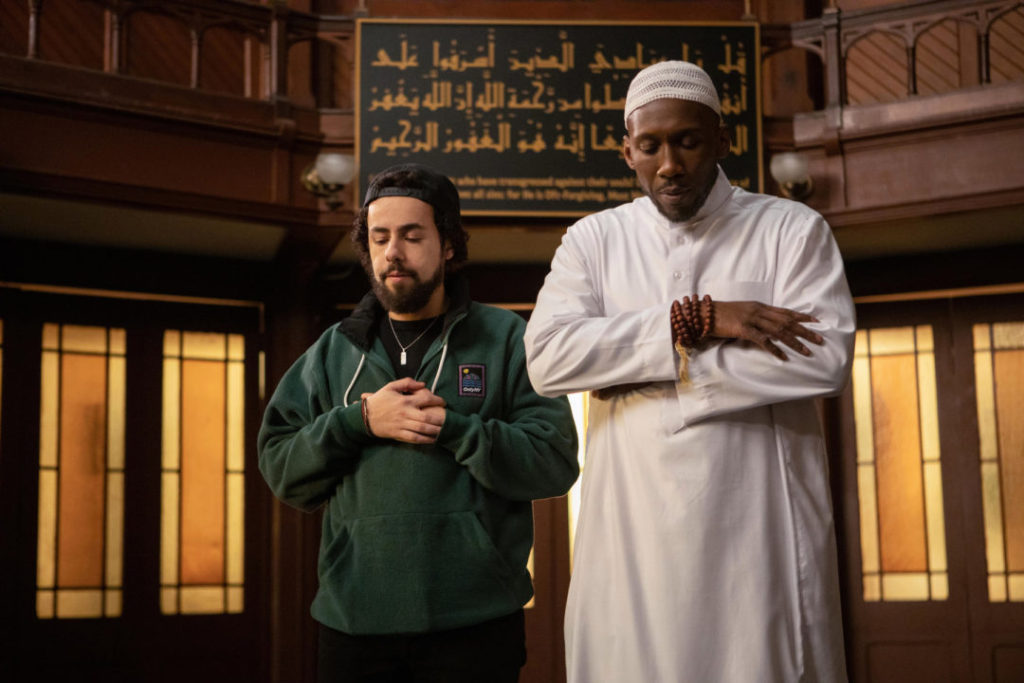
BY: What really got to me is how faithful it is to this particular story. The way a lot of middle class Muslims are feeling, of wanting to be better, but not being able to find our own path. Look, Ramy’s Uncle Naseem is generally a pretty awful guy, but there is this thing he said in Season 1 that I personally hold to be true; that what he does is between him and God, not the religious establishment, not his nephew, but directly between him and his creator. Of course he was saying it in the context of not starting his Ramadhan because he doesn’t recognize the power of a corrupt Saudi Arabia (his words, not mine), but the sentiment is familiar. And that is something that Ramy struggles with. Wanting to be a better Muslim the way he thinks he should be, and being a better Muslim the way he can be.
UA: I love the way the series paints even its unsavoury characters. In this season, in an episode that’s dedicated to his Uncle Naseem, we get a little more insight into why he is the way he is. The series does the same with the rest of Ramy’s family as well. Always tying it back to the core arc, of how to live your best spiritual life. What’s great about the way this show is written is how it manages to encapsulate the different ways in which people choose to practice their faith. Never once proclaiming that one way is right, or even better than the other. They’re all religious by way of their own understanding of the faith.
BY: And there are no villains! Even in Season 1, when Uncle Naseem is played off like a bad guy and a bigot, he is (somewhat) redeemed by this one action. (We won’t spoil it.) The way I see Naseem is that he is a product of his time, and of his upbringing. But at the root of it, he is still a good man. What he says and does isn’t out of hatred or anger, but of how he sees the world. We see that point come up over and again throughout the series. We see it again, in Season 2, in an interaction Mahershala Ali’s character has with some protestors outside his mosque. In his eyes, there is no real hatred in the world, just misunderstanding and fear. And that is a beautiful message. (Even though it is something that has been consistently repeated in conversations about religion.) We really need to talk about Mahershala Ali. And his hot sheikh.
UA: So Mahershala Ali plays the imam at a new mosque that Ramy decides to join. He’s looking for some “real” spiritual leadership and ends up tethering himself to Shiekh Ali Malik. I think goes without saying that Mahershala Ali is an incredible performer, but here, it’s in his sermons and recitations where he really and truly shines. His delivery is nothing short of beautiful. It is poetic. It is melodious. It is unlike anything I’ve ever seen on television.
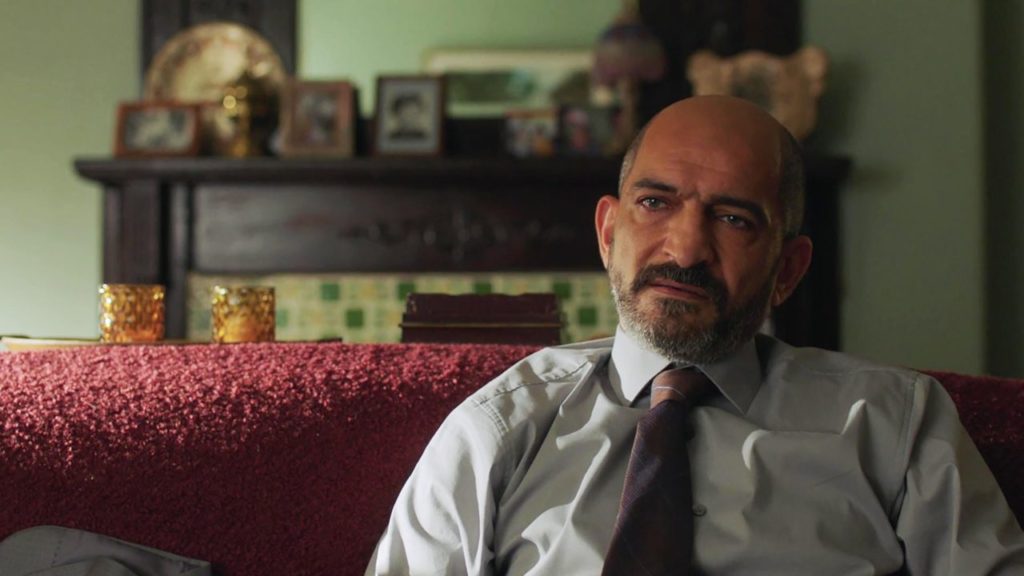
BY: His recitation of the Al-Fatihah (the first surah of the Quran, and one of the first things Muslims learn by heart) is breathtaking. I had never heard it recited that way and it made me tear up. Mahershala Ali’s performance as the soft spoken but strong sheikh is wonderful. In the first episode of Season 2, Ramy visits his local imam for guidance, and the imam is so troubled by what he hears that he can’t leave the room fast enough. But not before preaching the standard schtick of: “read the Quran it will keep the syaitan away” and “have your wudhu at all times because it will keep the syaitan away.” Something that we’ve all been told, and done, but never seems to work to ever keep the syaitan away. Sheikh Ali Malik, however, takes a different approach. One of understanding and of non-judgement. He knows that Ramy has done is wrong, but accepts that the reason Ramy came to him was because he wants to be better, and that is a step in the right direction. The sheikh’s approach isn’t to castigate him and make him feel dirty, but rather to embrace and to guide. Not to shun and shame. It’s a message that many people here in Malaysia could stand to learn and one that I have been lucky to find. Ramy is a deeply personal series for me because it feels like these are the problems that I have had to face. I for one have come out better for having found the right guidance. It is the message that Ramy is trying to spread. (Also watching my wife squirm every time Ramy’s sister Deena argues with their parents is great. #Relatable)
UA: I think we should point out that Ramy is incredibly funny. And one that finds its humour within the context of the story that it’s trying to tell. In the contrasts that exist in modern American life. In the plight of the first generation immigrant. In the regular, everyday racism that exists in their society. And in every society. In one episode, when Ramy and his friends go to Atlantic City, there’s a moment in which one of them is in a seedy hotel room, wearing a virtual reality headset and experiencing the Hajj. It is hilarious, and moving, and poignant, and cringeworthy, and meaningful. All at the same time. The way Ramy uses its humour is powerful. It satirizes but never parodies. It pokes fun at but never makes fun of.
BY: That scene is hilarious. But what that scene also shows is a deep understanding of Islam and Muslims. Because as hilarious as that seedy hotel room scene is, it isn’t all that removed from what Muslims here would do. Last year, there were people offering up their services to perform the Hajj on behalf of Muslims who couldn’t go – for a fee of course. Again, what Ramy does so well, is understand the mentality of the modern Muslim, and use that understanding to tell stories that – like you said Uma – never parodies, never insults, but instead makes you think, and makes you feel. And I love that.
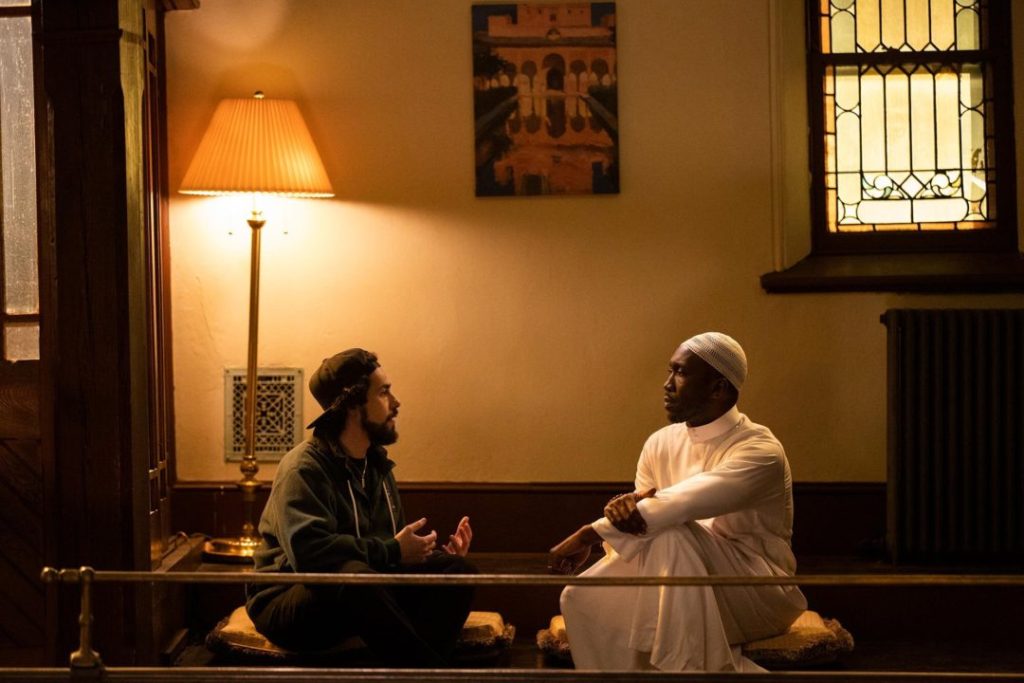
UA: One more thing. Can we talk about how the series addresses all of these religious taboos. Like pre-marital sex, and masturbation, and gambling, and alcohol, and dogs? It’s not easy doing this without coming across as being preachy. Or having your own beliefs overwhelm the discourse. In Ramy, it’s always a conversation. And oftentimes a funny one. You understand where both sides are coming from and no one is made to look like an idiot. Which isn’t to say that there aren’t any objective truths. But what this 30 minute sitcom does, in always striving to understand the other side, is nothing short of brilliant.
BY: Again it feels like it comes down to having a real understanding of what Islam is. When Ramy is assigned to care for Boomer, he asks the sheikh, “aren’t dogs haram?”, to which the sheikh replies “says who?” And that, in the context of Malaysian Islam, is earth shattering. That understanding of Islam is all over the place in Ramy but it’s most beautifully done in an episode where the sheikh and Ramy are looking for a dog, Boomer, who was left locked in a car. While searching for the dog late one night, the sheikh and Ramy stop to perform their evening prayer. Ramy is taken aback because they’re outdoors by the railway tracks, with neither a prayer mat nor water to wash. The sheikh takes off his scarf and uses it as a mat. He then uses sand to “wash” his hands and face. Just as they start to pray, the sheikh hears the barking of a dog, and instead of just rushing off to investigate, he “finishes” praying first, by performing the end of prayer salam before running off. When they get to the car, they find that Boomer is locked inside it. In a blink and you’ll mis it moment, the sheikh greets Boomer by wishing it salam and tries to calm the dog down. When they then find that the car is locked, Ramy wants to break the window with a rock, but the sheikh simply whispers the “bismillah” and opens the back door. The camera plays it off almost as magic. As if by uttering the words and invoking God, the door unlocked itself. Ramy asks him how he did it, and the sheikh simply smiles and says, that this door was unlocked. That entire sequence was just beautifully done and still gives me goosebumps. It is rooted in the understanding of the religion, and the reasons why something is done, and to not treat it like magic or a super power. That was amazing.
UA: There’s so much to unpack in every episode. Moments like the one you just mentioned play differently to different people. Just like the moment when Ramy’s mother, a Lyft driver, tries to seek out and say sorry to a passenger whom she ignorantly misgenders. Or when Ramy’s sister struggles between being a modern American woman and buying into the superstitious beliefs of her people. We’ve also spoken about all of this and not once mentioned Mia Khalifa. Which, I think says something about how compelling this series is. I don’t know about you Bahir, but I think this might be one of the best things on television. Period. I can’t think of something else right now that speaks as persuasively to both an American audience as well as a global one.
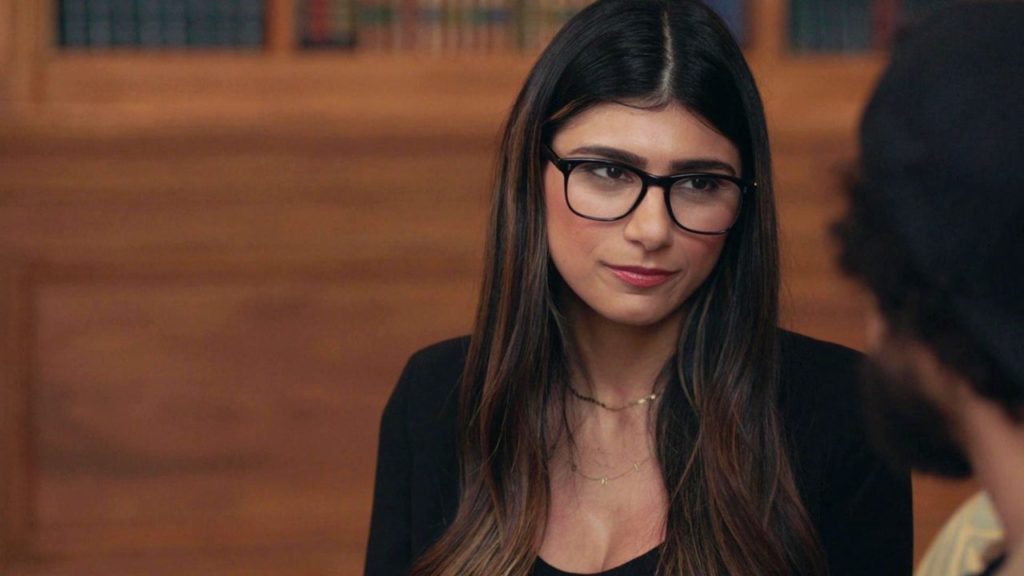
BY: And I can’t think of a show that is more important for people to watch. Both believers and non-believers. Of any religion. Unlike something like The Young Pope and The New Pope, Ramy isn’t trying to show you the hypocrisy of organised religion. This is a show about young Muslims growing up in our 21st century world.
UA: I hate calling something “important” in a review. But Ramy is precisely that. It is dramatic and funny and forcefully written. This is a series that has such a clear vision of what it is and what it wants to be. It is also one of those rare examples of an auteur’s work that isn’t the least bit self-indulgent. Watch it. And then watch it again. There is discovery in each and every viewing.

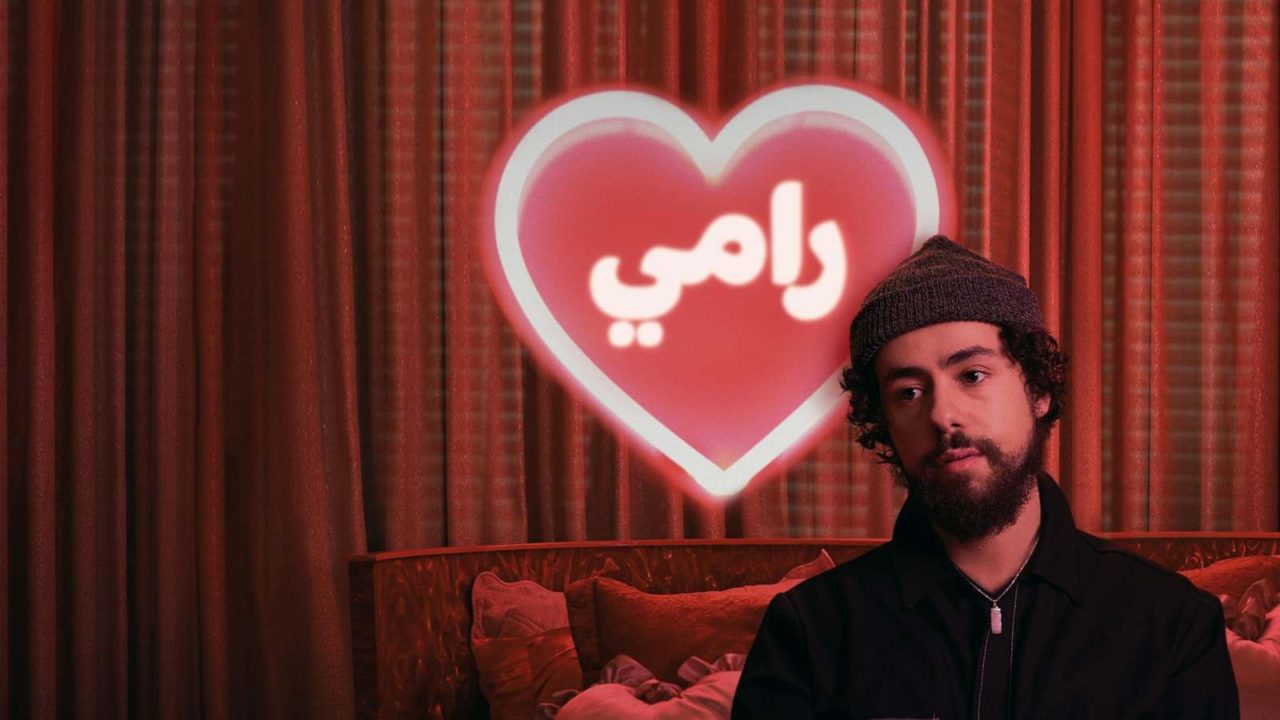


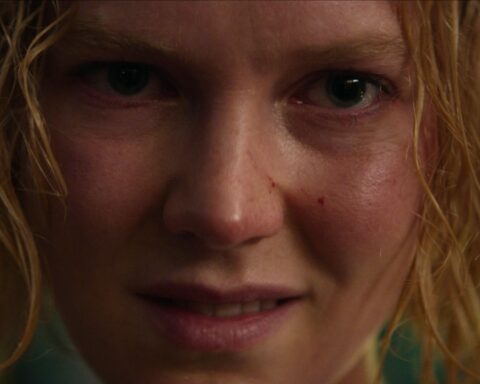

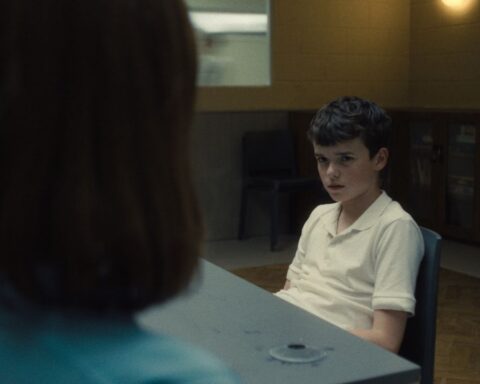

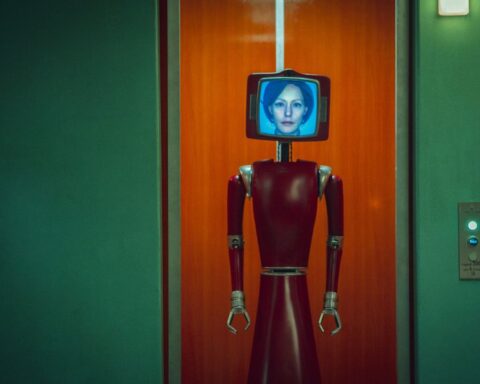
Follow Us